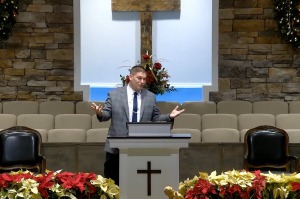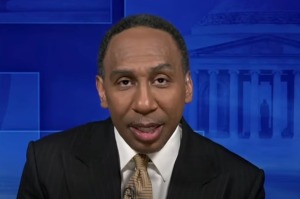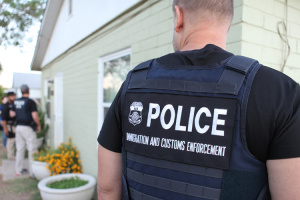Survey Analysis Finds Converts More Religiously Active than Non-Converts
Religious converts are more active in keeping basic commitments of their new faith than non-converts, according to a new analysis by the Pew Research Center's Forum on Religion & Public Life.
The analysis, released Thursday, found that those who switched faiths or joined a faith after being raised unaffiliated with a religion are more likely to say religion is very important to them; say that they are absolutely certain of their belief in God; attend religious services weekly; pray daily; share their faith and views on God weekly; and say there is one true faith.
More specifically, sixty-nine percent of converts say religion is very important to them, compared to 62 percent of non-converts. And 82 percent of converts say they are absolutely certain of their belief in God, compared to the 77 percent of non-converts.
When looking at specific activities, the Pew analysis found more significant gaps between converts and non-converts. Seventy percent of converts, for example, say they pray daily, compared to the 62 percent of non-converts, and 29 percent say they share their faith on God weekly while 20 percent of non-converts say the same. As for religious service attendance, 51 percent of those who switched faiths say they attend such services weekly while 44 percent report the same.
The new analysis is based on the findings of the U.S. Religious Landscape Survey, conducted by the Pew Forum in 2007. The survey found that roughly half of all Americans had left the faith they were raised with for another faith or no faith at all, or have adopted a faith if they were not raised in one.
Among the specific faith traditions, Methodists stood out as the group whose converts consistently showed higher levels of religious commitments than non-converts. In all five religious characteristics measured by Pew Forum, converts to Methodism had higher levels of activities and beliefs than lifelong Methodists.
For other denominations, converts displayed higher levels of religious commitments compared with lifelong members of their faith on a majority of categories.
Converts to Catholicism, for instance, are slightly more likely than lifelong Catholics to believe in God with absolute certainty (75 percent vs. 71 percent) and to share their views on God with others at least once a week (18 percent vs. 13 percent).
Meanwhile, Presbyterian converts are more likely to attend religious services weekly (50 percent vs. 39 percent), say religious is very important to them (65 percent vs. 49 percent), believe in God with absolute certainty (80 percent vs. 66 percent), and pray daily (66 percent vs. 54 percent).
Pew Forum highlighted "one striking exception" to this pattern: lifelong Mormons are significantly more religious than converts to the faith on attending services regularly and to believe that their is the one true faith.
"Outside of Mormonism, however, the analysis finds no instances where lifelong members of a particular faith exhibit significantly higher levels of religious commitment than converts on any of the six measures," the Pew Forum noted.





























